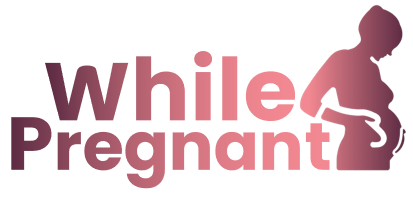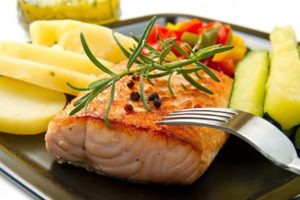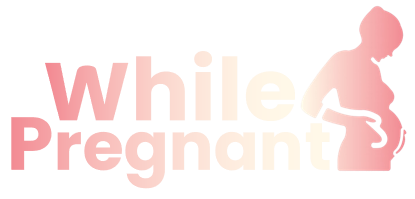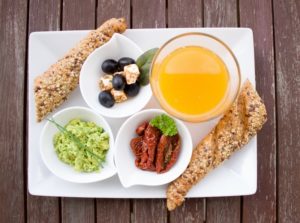What to eat when pregnant is defiantly a big question. But whatever you choose to eat, make sure your pregnancy diet has some omega 3 in it.

In the field of science it is truly rare when most experts agree on a certain claim. But rare as it might be, this is the situation in the discourse about the importance of Omega3 in pregnancy diet. Indeed, most nutrition and health experts have no argument that omega 3 is an extremely important ingredient, crucial for the proper development of fetuses, infants and young children. The following article will reveal why omega 3 should defiantly be considered whenever you wonder what to eat when pregnant…
What is Omega 3?
Omega 3 is the name given to several unsaturated fatty acids. The three main ones are:
- Alpha-linolenic acid (ALA)
- Eicosapentaenoic acid (EPA)
- Docosahexaenoic acid (DHA)
You don’t have to memorize these complicated names – the important thing is to understand that they can all be referred to as omega 3. But what does omega 3 do, and why is it good for us?
The importance of omega 3 derives from its part in many important processes which occur in our body. To name just a few:
- It keeps our body’s cells membrane (the cells’ outer crust) flexible. By that it allows the cells to function properly
- It allows the proper function and development of our brain and the central nerves system
- Allows our immune system to work properly and helps to reduce inflammatory processes
- Takes part in the blood clotting process
- And more…
In addition to all the above, researches have proven that omega 3 decreases the chance to get heart diseases, blood disorders (including atherosclerosis) and several types of cancer. It also seems to prevent and help dealing with inflammation of the joints as well as depression, improves the memory, and more.
There is no doubt that omega 3 is an important nutritional ingredient. But why is it considered especially important for pregnant women? It’s time to find out.
Your Baby Needs It: Omega 3 in your Pregnancy Diet
Unsurprisingly, your baby needs plenty omega 3 (and especially DHA) for many reasons. For instance:
- About 60% of the fetus’ brain dry-weight consists of fat (also known as fatty acids). Amongst those fats, DHA (one of the kinds of omega 3) is the most important one. It allows the fetus’ brain to develop properly, as well as to its neurological system.
- The fetus’ vision and sight systems need omega 3 to develop properly. In addition, many studies found a connection between good vision to increased consumption of omega 3 by the mother during her pregnancy
- Omega 3 builds the child’s attention and focusing abilities. In a similar manner to the vision systems, researchers found a connection between large amounts of omega3 inthe mother’s diet when pregnant to children with high concentration abilities
- In a similar manner, it seems that omega 3 improves the child’s social and motor skills
- It has a part in the process of the fetus’ proper physical growth
- Omega 3 seems to help with regularizing the fetus’, and later the child’s sleeping cycles, as well as increasing the quality of the slumber
- It helps with the development and the strengthening of the baby’s immune system
Mommy, Your Body Needs it Too: Omega 3 for Pregnant Women
If by now you still aren’t convinced that you should consider omega3 when wondering what to eat when pregnant than you should know it has many benefits for the birth, and for you. For example:
- Omega 3 decreases the chances for low-weight and premature delivery
- Helps with preventing postpartum depression (after birth depression). If it appeared, omega 3 helps with overcoming it
- Omega 3 helps with keeping your body strong and your spirit high during the period of pregnancy
- It helps you stay beautiful and glamorous even in the hardest days of pregnancy: omega 3 keeps your hair and teeth strong, your skin shiny, and more
- Prevent sicknesses by strengthening your immune system
Omega 3 and your Child’s Development
After your child is born he or she still needs relatively large quantities of omega 3. That is because the bodies and systems of infants, toddlers and even children are still developing. Therefore, it is important that breast feeding mothers will still include sufficient amounts of omega 3 in their diet. All the benefits of the omega 3 will pass on to the baby through the milk. It will allow further development of all those mentioned above: the baby’s brain and neurological system; his vision and immune systems; his concentration, social and motor skills; his physical growth; sleep pattern and quality, and more.
In other words, if you breastfeed make sure you include enough omega3 inyour daily diet. If you feed your baby with formula, make sure you choose one that contains omega 3 (DHA+EPA). Don’t be afraid to inquire at the shop about it, or better yet – consult with your doctor and/or nutrition expert.
Sources for Omega 3
The human body can produce by itself 2 out of the 3 unsaturated fatty acids mentioned above – the Eicosapentaenoic acid (EPA) and the Docosahexaenoic acid (DHA). However, in order to do so it needs the third kind, the Alpha-linolenic acid (ALA), and this one our body cannot create by itself. It therefore needs an outer source – food.
So which foods contain omega 3? Fish are one of the most recommended foods for omega 3, just make sure you avoid uncooked fish (including sushi and clams). Fish and krill oil are also considered to be good sources of it. Flaxseed and its oil are considered to be the best botanical source for omega 3. It is worth mentioning that since flaxseed oil is ruined after cooking. Therefore, consider adding it to the dish after the cooking. Walnuts and soy and its oil also have fair amounts of it.
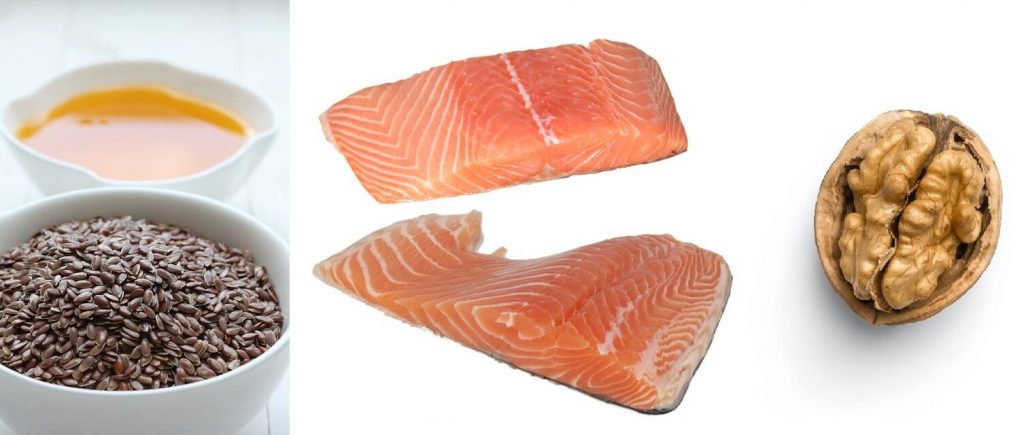
In addition to all the above, there are many omega 3 nutritional supplements that can be bought in pharmacies, health-food stores and even online.
It should also be mentioned that a nutritional ingredient called omega 6 is a “competitor” of the omega3 inour bodies. Our body needs both omega 3 and omega 6. However, too much omega 6 will not allow proper absorption of the omega 3. A good diet when pregnant will almost naturally bring your body to the proper balance between omega 3 and omega 6. Such pregnancy diet includes a good portion of natural oils (such as olive or flax oils) in their natural form (not fried), and a minimal amount of fried food and saturated fat. It is also worth considering nutritional supplement that has about 200 mg of DHA per day.
Please consult with your doctor and/or nutrition expert to discover which foods you should include in your diet when pregnant to safely have the proper amounts of omega 3 you need during your pregnancy. It is especially important to consult with an expert if you need to decrease the amounts of omega6 in your body, since this is another needed nutritional ingredient for your diet when pregnant.
Stay tuned – a complete list of recommended foods with omega 3 for your pregnancy diet will be posted soon!
